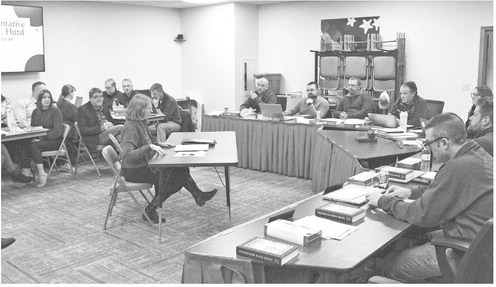Understanding the differences between normal forgetfulness and dementia
Have you ever found yourself standing in the middle of a room, wondering what you came in for? Or perhaps you’ve struggled to remember a word that was on the tip of your tongue? These occasional ...




